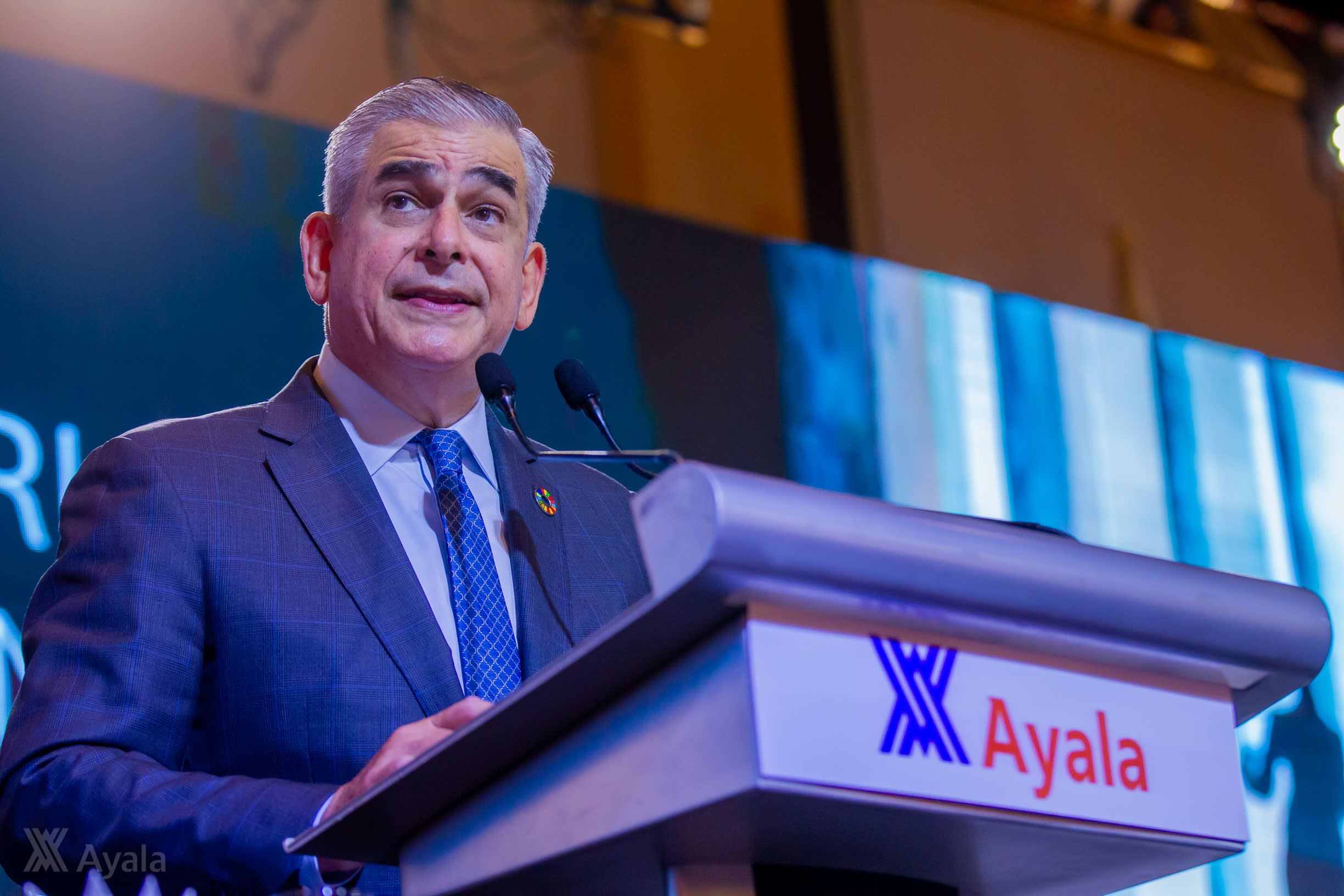Billionaire Jaime Augusto Zobel de Ayala (JAZA), chairman and CEO of the Philippines' oldest conglomerate Ayala Corporation, calls on both private and public sectors to work together to close persistent gaps in four major sectors for exponential growth and equitable progress amid government's goal to nearly triple per capita income to $11,000 by 2040.
In his keynote speech during the Management Association of the Philippines general membership meeting, Zobel pointed the need to close persistent gaps in healthcare, infrastructure, education, and agriculture.

“It is important to ensure that the economy grows in an exponential and equitable manner, while our population also grows," he said.
“To illustrate the scale of the challenge, the government aims to nearly triple income per capita to $11,000 by 2040, compared to just around $3,950 today. Even then, this is still a far cry from Singapore’s 2022 per capita income of $82,807, or Indonesia’s $4,580,” he noted.
For healthcare, Zobel said the pandemic exposed the most vulnerable areas in the system, while also elevating having a proactive and holistic approach to wellness.
“There is still a ‘beds and heads’ challenge in that we require not only more hospital capacity, but perhaps most importantly, a significantly higher number of healthcare practitioners and allied personnel. The full implementation of Universal Healthcare will also be critical,” he said.
Zobel also noted that, while the country continues to invest over five percent of gross domestic product in infrastructure, the gap has still become quite large that faster and larger investments are required.
“We hope that our strengthened PPP framework will continue to provide a viable and fair way to encourage the private sector to help close these gaps. This will be crucial if we intend to transform the Philippines into a truly attractive place for capital,” he said.
As of 2022, the Philippines attracted the least amount of foreign direct investments among ASEAN’s six largest economies, at $9.2 billion. Singapore was the highest FDI recipient at $141 billion, followed by Indonesia at $22 billion, then by Vietnam at $18 billion.
Meanwhile, Zobel pointed out that, “we have seen a creeping learning challenge affecting young Filipinos. The World Bank and other reputable institutions have reported that the Philippines performs below our potential in literacy, mathematics, and science.”
“This is likewise a critical sector that would need support to ensure that we have the talent base to take the country several levels higher. We note the tremendous contributions of various groups, such as Philippine Business for Education along this front. We are likewise dedicating capital in this sector, together with the Yuchengco Group, through iPeople,” he noted.
In agriculture, Zobel said “this sector remains extremely challenged due to persistent structural issues. We are hopeful that the private sector can perhaps more meaningfully participate in this space."
“A strong agriculture sector can generate excellent economic returns and equity for our farmers and guarantee proper nutrition and food security,” he added.
“There are present realities that we must face as a country, and no single institution can tackle these alone. From mitigating the impact of climate change; reducing or even eliminating social and economic inequities; to elevating the Filipino’s living standards to a level that we all deserve, there is an implicit call for all of us to address these, collaboratively and in a value-generating manner,” said Zobel.